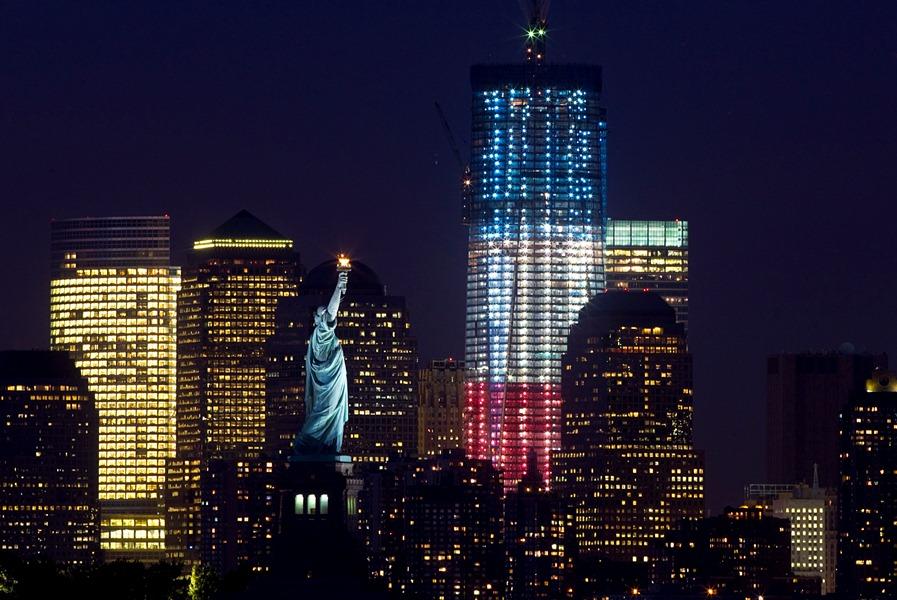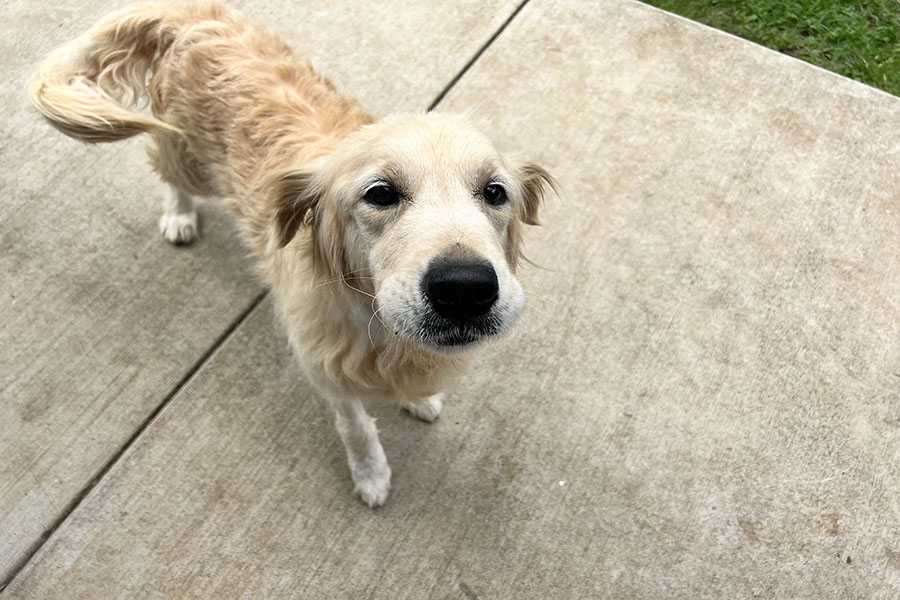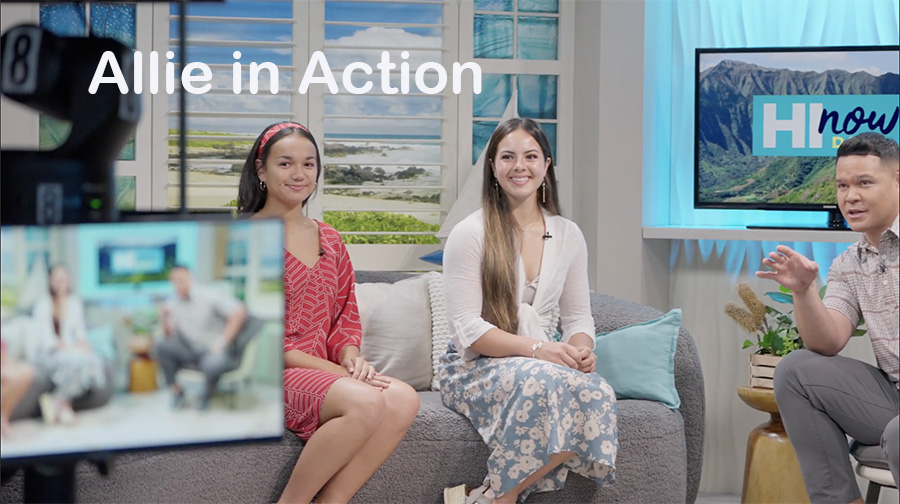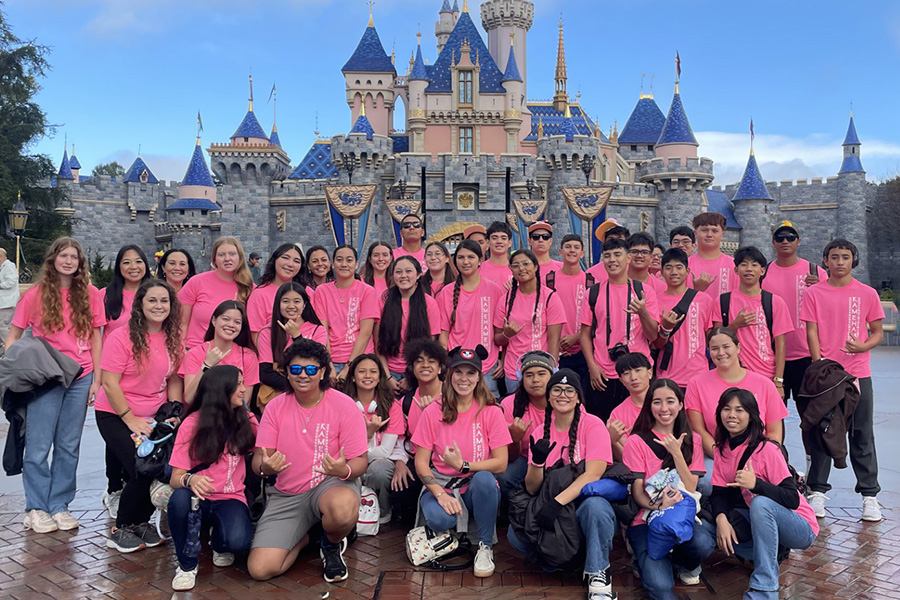Today marks the 10th anniversary of 9/11/01. While the events of that day were terrible, is the legacy even worse?
The attacks on the World Trade Center in New York and the Pentagon in Virginia began a new era of tight national security. From the USA Patriot Act of 2001, the centralization of airport security under the Transportaion Security Administration, the passage of the Homeland Security Act of 2002 and the formation of the Department of Homeland Security in 2003, I think that we can all agree that we’ve been living in the shadow of the events of September 11, 2001.
In Civil Beat’s Growing Up in the Shadow of 9/11 press conference, representatives of the American Civil Liberties Union, the Federal Bureau of Investigation and the University of Hawa’i William S. Richardson School of Law discussed how American policy and lives have changed in the last ten years.
One of the things that was said was that our safety is something that is questionable, not guaranteed. I think that was one of the lessons that America learned on that day. As much as our government may try to protect us by passing laws, hiring more officials, forming new departments, deploying troops, and searching my backpack at the airport, our safety is not guaranteed. I don’t think I’m the only one who’s worried about that.
As a country, we’ve made enemies. There’s no doubt about that. But some of the actions taken by U.S. officials to keep us safe from a potential repeat of 9/11, have, instead, made us feel less free.
The Fourth Amendment of the U.S. Constitution states: “The right of the people to be secure in their persons, houses, papers, and effects, against unreasonable searches and seizures, shall not be violated.”
Since 9/11/01, I say that our fourth amendment rights have definitely been tested.
Though many things were discussed at the press confterence, I will stick with the one thing that most of us have had the most experience with – air travel.
Everybody knows how much more difficult travel has become. Taking off your shoes, belts, jackets, and jewelry; submitting to full-body x-rays and extensive patdowns; riding airplanes with armed pilots and air marshalls; and being treated like cattle by gate and flight attendants who are on the constant lookout for terrorists has made air travel miserable.
TSA representatives are empowered by law to search you whenever they deem appropriate, that is, when they suspect that you are currently committing a crime or they reasonably suspect that you are about to.
No, cancel that. They are empowered to search you completely at random to avoid charges of racial profiling.
Supervisory Special Agent Anthony Lang, Chief Division Counsel for the FBI Honolulu Division, said that even before the events of 9/11, “The U.S. Supreme Court has ruled we can do certain administrative searches for the safety of the public. It’s purely for the safety of the public…unfortunately, to do that, some civil liberties will be restrained.”
When our civil liberties have been challenged in these ways, we’ve felt that we should just submit to it. Special Agent Lang told about the practice of searching passengers before they board New York subway trains. He said that if they don’t want to submit to the searches, they can just not take the train.
Okay for them, but what about those of us who live on an island like Maui? If we don’t want to be searched before boarding an airplane, what do we do? Swim?
All of the blame cannot be put on the government, though. Mr. Mickey Knox, third-year law student at UH Manoa, said that Americans are more willing to take restrictions on privacy. He said that Americans are “more willing be fingerprinted and have their photographs taken,” for instance.
The balance of security and civil rights has shifted drastically over the last 10 years. Part of being a post-9/11 citizen is to question that.
By exercising another of our rights, the right to free speech, we can let the government know anything we are unhappy about by contacting our elected representatives.
What happens when our questions compromise the Department of Homeland Security’s goal to “lead the unified national effort to secure America…prevent and deter terrorist attacks and protect against and respond to threats and hazards to the Nation…secure our national borders while welcoming lawful immigrants, visitors, and trade”?
I don’t have the answer to that.
For sure, thanks to the intelligence-gathering of agencies of the U.S. government, Osama Bin Laden, the terrorist leader who encouraged and condoned acts like those of 9/11, has been assassinated.
And, some terrorist acts have been prevented in the ten years since 9/11. Why haven’t we heard of them? Simple. Our government stopped them from ever happening in the first place.
All of the new policies and tight security make people feel a lot safer because it shows that the government is trying harder to prevent things from happening. But at what cost to our civil liberties?
Special Agent Lang acknowledges, “We’re [the FBI is] always walking on a thin line.”
I appreciate everthing that our government has done to keep me safe from terrorism on American soil, I know that everyone does.
All I ask of Americans is to speak out if you ever feel that the civil rights that we once thought were guaranteed begin to slip from the control of we, the people of the United States of America. It is not only our right, but our duty as well.
If we ever allow infringement of our civil rights without our consent, then the terrorists will have won, and maybe that’s just one of the lessons we can think about as we reflect on the past decade.













